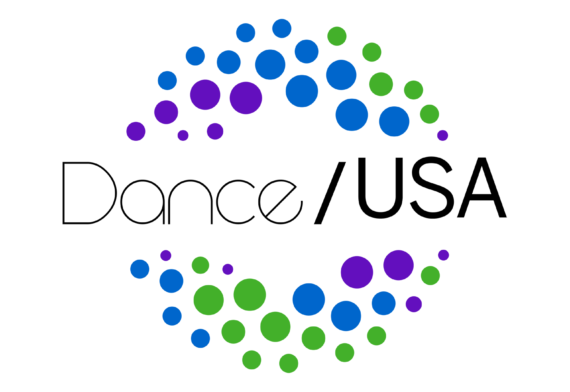Fall Advocacy Forecast—Partly Cloudy, Partly Sunny
It’s important at times like these to remain actively engaged with our elected officials. This might mean contacting them about the important role of government funding for the arts and arts education, the role the charitable deduction has in strengthening the arts in every community, or the value in making sure that the nonprofit arts sector is considered in any legislation benefitting employers.
Finding an Anchor with a Mentor
A mentor can also help you be less reactive and more strategic in planning how you need to move forward and not be coerced continuously by what seems best, but may not be best for you and your company’s mission.
Being a Mentor: Expanding the Reach of the Art Form
Finally, I wish someone had explained to me that it is always, especially initially, more difficult for artists to stay true to their individual creative visions than to adopt a herd mentality and be a member of an artistic clique.
Andrea Snyder Receives Trustees Award: Fearlessness—My Mantra
In the face of artistic repression, budget cuts, a general disregard for the arts in the United States, and for this art form in particular, with the growing lack of space to create and perform work, the decline of touring opportunities, the loss of high quality and the frequency of dance criticism, international competition, declining audiences – need I say more? – you have remained a fearless community, dancing toward the problems and finding innovative solutions and alternatives that keep us moving forward.
Reconsidering the Artistic Director Model: Dance Company Looks to Past To Get to Future
Rather than employing a new, permanent artistic director to shape the company’s artistic footprint in the dance world, Morphoses is planning to reemerge this fall without a permanent artistic director.
Cultivating the “Ah-Ha” Moment
Many of us working in larger cities take exposure to high-caliber arts for granted. We are presented with a myriad of professional performance options on a daily basis. This is not the case, however, across the country particularly in dance where touring is getting more expensive, presenting is getting riskier, and selling tickets is more and more challenging.
Growing Through Collaboration: Finding Balance in a Shifting Landscape
Collaboration may generate energy; ignite relationships that build trust, further knowledge and group effort that continue to infuse the creative process.
Technology as Muscle in a Crowded Marketplace
People have so many ways of entertaining themselves, the fact of which dance artists cannot be reminded often enough.
Thoughts from a Dance Enthusiast: Pico Iyer’s Plenary Speech — Day 1
More than ever in the arts, we dancers and dance administrators need some good spiritual food for sustenance – especially as the world pushes us to move ever faster in its service and sometimes, it seems, far away from the art we love. It is imperative to thrive despite many draining challenges that face us. It is important to find balance in our lives.


John Rockwell on The Critical Divide
Critics are not there to serve the dance community or particular artists. They are there to join in—lead, maybe, in a dominant paper—a wider conversation and shared enthusiasm about the art form.